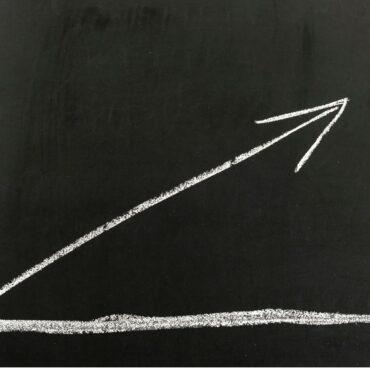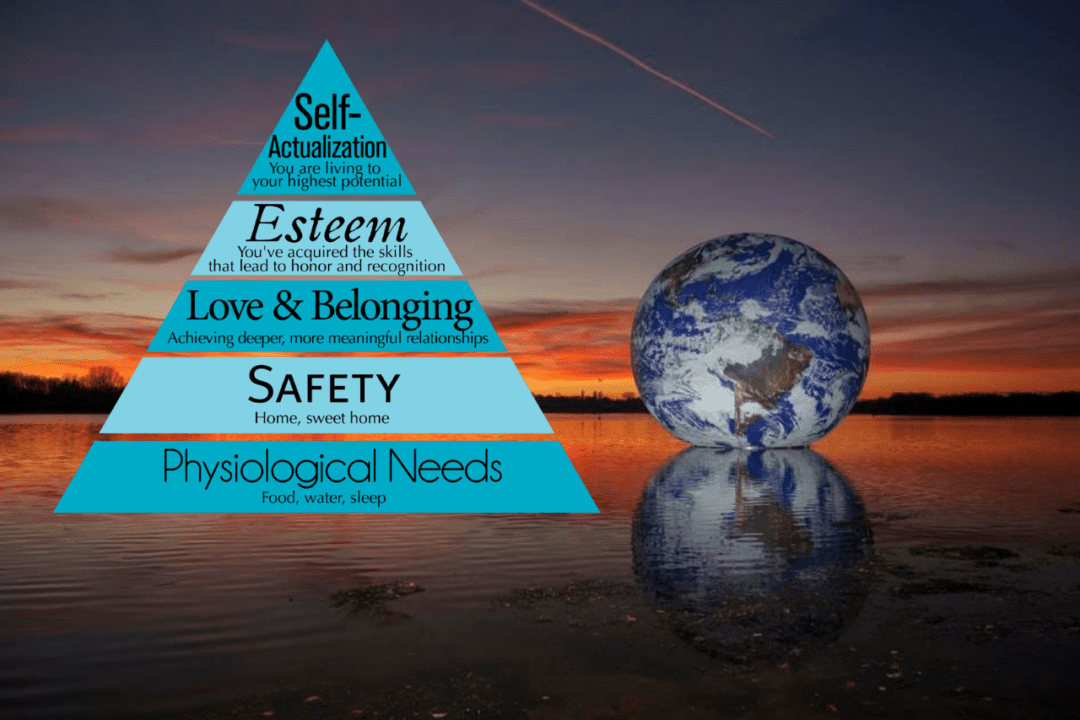
Thomas Papp
It’s been over 32 years since the Berlin Wall fell, marking the end of the Cold War Era. Capitalism and democracy prevailed over the evil forces of the Soviet Empire – how liberating.
Though in recent years the notion that capitalism is failing has started to surface, much of it is thanks to the 2008 global financial crisis and the years following. A decade later, COVID-19 and Climate Change have made us stop and think about whether capitalism is failing or not. There is no time to contemplate if there is a better alternative to something that works already. It is in human nature to question and want something better, so it isn’t surprising that in a time of peace and prosperity we look towards new alternatives. We have nothing better to do.
If COVID-19 was the enabler of global unity, the brutal invasion of Ukraine is the finishing push for countries around the globe to work hand-in-hand again. France no longer cares about Australia not purchasing their submarines, and the US is far from debating whether to build a wall on its border with Mexico. The Soviet evil is now back in the game. There is no doubt in my mind that the ambitions are to resurrect the Soviet Union in one shape or form. RT has an article tag called “Russia and the former Soviet Union” with one of the first articles on Slovakia, which is now a NATO state and was never part of the Soviet Union, only part of the realm of its influence. These are scary times. A new polarised world is emerging with Capitalism on one side and the Soviet Union on the other side. I am not calling it Russia on purpose, as this is not orchestrated by a democratically elected government of the Russian people but by a KGB dictator with the ambition to resurrect the USSR.
HR leaders are now facing a huge challenge, as the pandemic brought the challenges of implementing remote work at a speed and scale never seen before. They had to deal with the emotional and mental health for their employees during times of lockdown. The global remote work revolution pushed organisations to take advantage of a new world of work without borders, where geography was no longer an issue and talent pools expanded to all corners of the earth. This should not stop. Organisations who will continue to look for talent globally will reap the benefits. Why do we have the US, UK, France, Germany and Italy at the top of the podium at every Olympic game, with close to 2980 Olympic medals for US, followed by the UK with 948, and Germany with 892? Because the US has 300 million people living in the country, which creates a huge talent pool. But also, they give their athletes the right tools, food, training and coaching, and they help them achieve the right mindset by having the right culture around them. Most Western World citizens will have everything to help them succeed. China has a population of 1.4 billion people with 696 Medals while Russia has a population of 145 million people with 547 Medals, and both countries are continuously getting into trouble due to doping scandals.
I think we can draw a straight correlation between Olympic medals per capita and the “health of a country,” just like we can draw a correlation between the success of an organisation and the “health of an organisation.”

Organisations need to continue focusing on the wellbeing of their employees, giving them the right training and tools, and creating a safe environment where their talents are nurtured. A resurrected Soviet war machine would further unite free nations and further strengthen and reinvigorate the Western world. The brave refuges from Ukraine, Syria, Afghanistan, and other war-ravaged countries as well as the up-and-coming nations in Africa and parts of Asia will play a big role in creating the new talent pools in the years and decades ahead. HR leaders and other C level managers will need to further advance their skill sets on how manage the multicultural workforces flooding the markets in the Western world.
Re-skilling, language education, cultural integration, the rethinking of benefits packages that include housing and healthcare, visa applications for family members of employees and mental health will be on the agenda.
HR has a pivotal role in successfully building “the brave new world of work in the West.” Organisations should now focus on the humanitarian crisis, assisting aid workers, and donating to organisations that are helping the refugees fleeing from Ukraine. Not just because it is the right thing to do, but because it is also, perhaps less importantly, good business. Organisations who step up now to boycott the new Soviet war machine by exiting Russia and going out of their way to assist and ultimately employ Ukrainian refugees will benefit from the amazing talent Ukraine has to offer as well as position themselves on the right side of history.
Watch our recent not-for-profit event ON DEMAND, with Wendy & Dave Ulrich –RISE! How Human Resources Can Lead the Organization Through The Current Humanitarian Crisis And Beyond
The new talent lifecycle and onboarding will start at the train stations of Budapest and Bucharest and the border crossings of Poland, Romania, and Hungary. It will start with a hot tea and a helping hand by an aid worker funded by Deutsche Telekom, BP, BMW, Nestle and alike, and no, they won’t have corporate logos on the tea cups. The start of integrating this new talent pool into the workforce needs to start with helping them stand again. That means shelter, food, clothing, warmth, sleep, safety and emotional support. Let’s go back and examine Maslow’s hierarchies of needs to find out what we need to do step-by-step.

The Western world, including corporations, can absolutely help in all this, but let’s not offer a job to someone who has no food, shelter, sleep or clean clothing and is emotionally wrecked after fleeing from a war. Our obligation now and in the months ahead is to focus on the physiological and safety needs, then the rest comes after.
HR leaders, stand up and persuade your board of directors to help in sheltering, feeding, clothing and emotionally supporting these people in need, and indeed let these people know that you have their backs, that you support them and once they are back on their feet, jobs and a new life will await them all in Europe and abroad.
The new world of work will be filled with amazing talent from Ukraine, whichever way the war ends. Their resilience, determination, skills and smarts are demonstrated on the battlefields – these are people who have their hearts, minds and souls in the right place, and they will succeed in the world. I truly hope that this crisis will teach us how to behave with other refugees from Syria, Afghanistan, Africa and the rest of the world.
https://worldpopulationreview.com/country-rankings/olympic-medals-by-country
https://www.statista.com/statistics/973337/largest-european-based-revenue/
Written by: Thomas Papp
Employee Engagement Future of Work HR Strategy Leadership ukraine war
Previous post

- 2037
- 1
labelArticles today2022.03.10.
HR’s Ultimate Metric
By David C Forman, bestselling author “Fearless Talent Choices” WHY SHOULD YOU CARE? The HR departments are often slandered for their lack of ability to provide business results. However, taking [...]
Similar posts

labelArticles today2024.10.21.
The success-recipe to build agile and future-ready organizations in 2025 and beyond








Post comments (0)